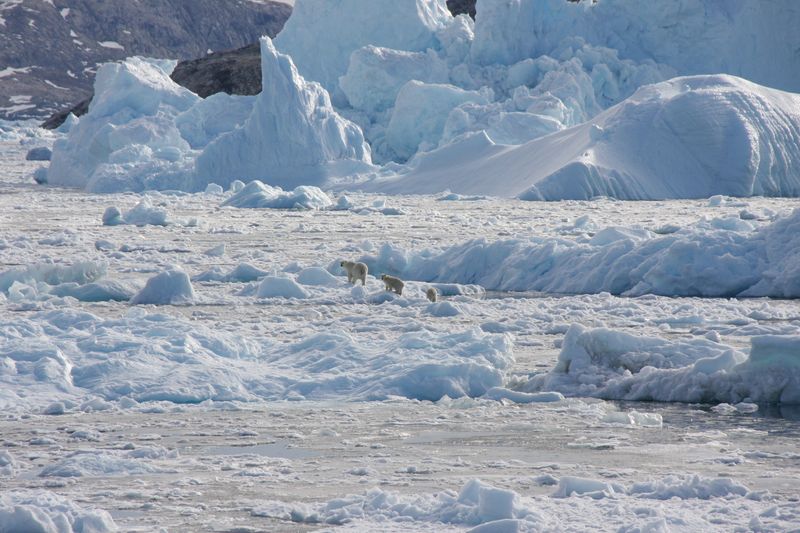MOSCOW (Reuters) - The Kremlin on Thursday said that Russia had strategic national interests in the Arctic when asked to comment on U.S. President-elect Donald Trump's remarks about acquiring Greenland, absorbing Canada and taking control of the Panama Canal.
Trump, who takes office on Jan. 20, has refused to rule out using military or economic action to pursue acquisition of the Panama Canal and Greenland, part of a broader expansionist agenda he has promoted since winning the Nov. 5 election.
Trump has also floated the idea of turning Canada into a U.S. state and promised to change the name of the Gulf of Mexico to the Gulf of America.
When asked about Trump's comments about Greenland and Canada, the Kremlin said that Russia, which has the largest Arctic coastline, was closely watching the "dramatic development" of the situation.
"The Arctic is a zone of our national interests, our strategic interests," Peskov said. "We are interested in preserving the atmosphere of peace and stability in the Arctic zone."
"We are watching the rather dramatic development of the situation very closely, but so far, thank God, at the level of statements."
Peskov said that U.S. attempts to gain Greenland, that date back to the 19th Century, were a matter for the United States and Denmark, but he noted that Europe was reacting very cautiously to Trump's statements.
"Europe reacts very timidly and it is of course scary to react to Trump's words, therefore Europe reacts very cautiously, modestly, quietly, almost in a whisper," Peskov said.
German Chancellor Olaf Scholz expressed surprise at Trump's comments about Greenland and Canada, saying European partners agreed that the inviolability of borders was a fundamental principle of international law.

When asked about Trump's remarks about the Panama Canal, which the United States built and owned before handing it to Panama in 1999, the Kremlin said it had heard the remarks but that they were for the United States and Panama to sort out.
"The only hands that control the canal are Panamanian and that's how it will continue to be," Foreign Minister Javier Martinez-Acha told reporters on Tuesday.